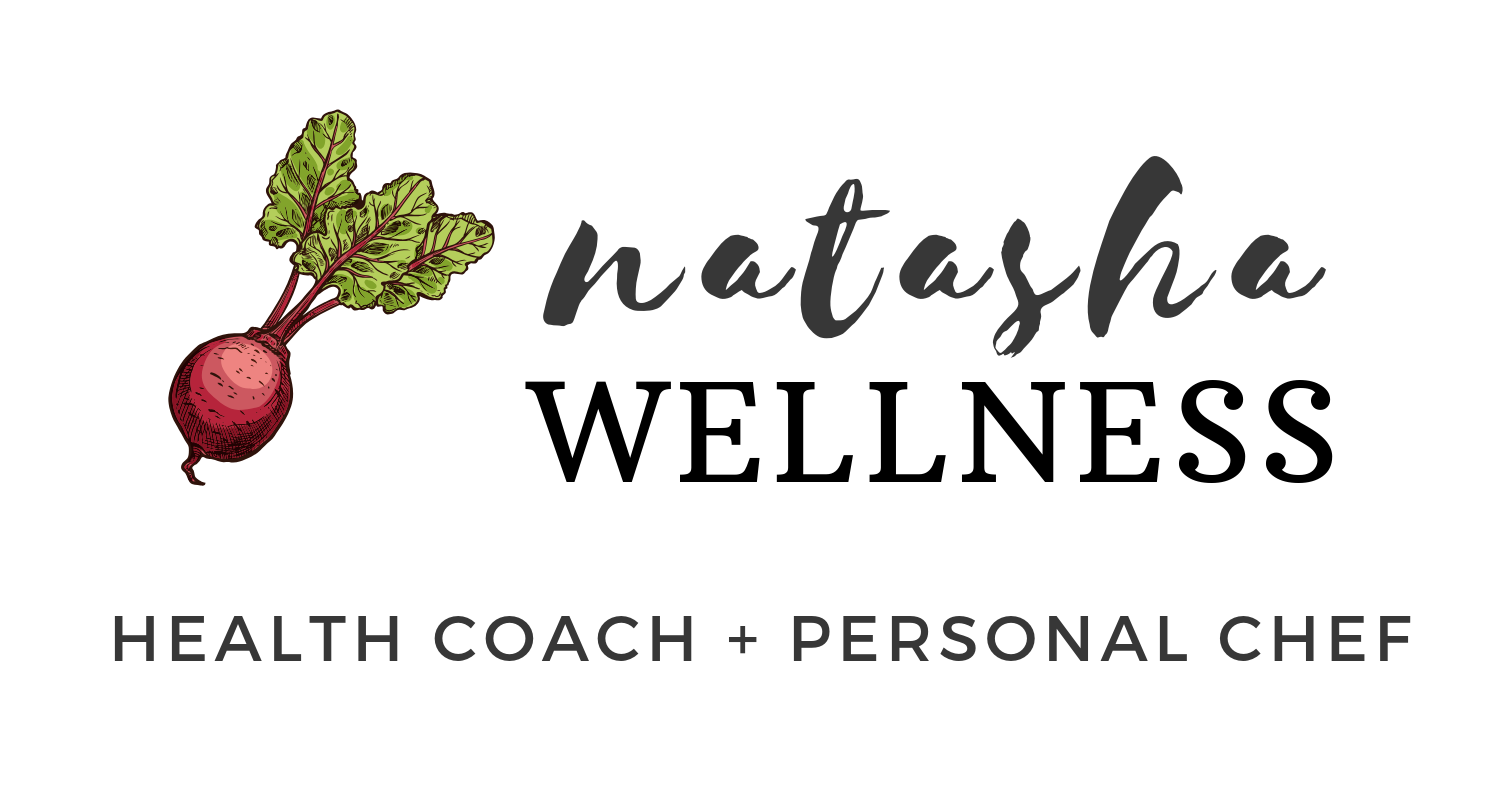Cancer Support Meal Plan
Cancer Support Meal Plan
An immune-supportive diet plan designed to minimize nutrition-related side effects during cancer treatment.
Cancer treatments often come with side effects that make cooking and eating a challenge. This approachable plan contains simple meals and snacks to help clients increase calorie and protein intake. It provides the proper nutrients and foods to mitigate nutrition-related side effects, help the body rebuild tissue, and boost energy and strength.
This program was created with the following key considerations:
Antioxidants
Antioxidants support your body's ability to fight and heal from disease and protect the body from the damaging effects of free radicals. Colorful varieties of fruits and vegetables such as apples, artichokes, berries, leafy greens, and pinto beans are particularly good sources and are included daily in this plan. Nut butter, seeds, and avocados are antioxidant-rich foods added to provide healthy fats and additional calories, which can help with low appetite from cancer treatment.
Sugar-Free & High Fiber Foods
This program limits added sugars and contains higher fiber foods such as whole grains, fruits, vegetables, nuts, and legumes to help you feel fuller and prevent constipation, a common treatment side effect. Nutrient-dense grains provide complex carbohydrates for energy and B vitamins which have been associated with the reduction of cancer symptoms.
Immune Support
Cancer and cancer treatment can weaken your immune system and make you more prone to infection. Foods containing protein, iron, zinc, and vitamins A and C can help surgery wounds heal more quickly and repair and rebuild damaged tissue. Lean protein sources such as chicken breast and salmon and plant-based options like beans and hummus are incorporated into the plan and paired with fruits and vegetables to foster a healthy immune system. Probiotic foods like kefir and sauerkraut are included to create a beneficial gut microbiome.
Managing Side Effects
Treatment side effects can get in the way of getting enough food and fluids. Moistened foods with sauces and broths are added to this plan to help with dry mouth, along with fluids like tea and smoothies to prevent dehydration. It can be easier to eat soft, mild foods, such as hummus, kefir, scrambled eggs, pasta, oats and soups, and well-cooked meats and vegetables if you have mouth sores or pain. To prevent nausea, meals and snacks are scheduled every few hours, as an empty stomach can worsen nausea. Chamomile, mint, ginger, and lemon teas are added to soothe digestion and ease nausea and vomiting.

